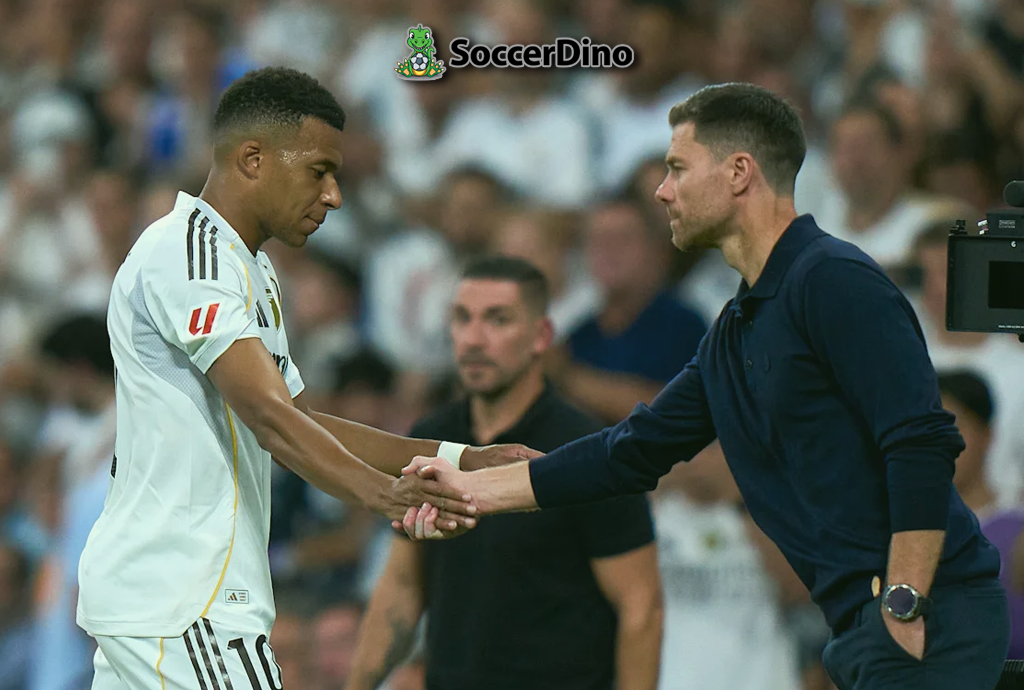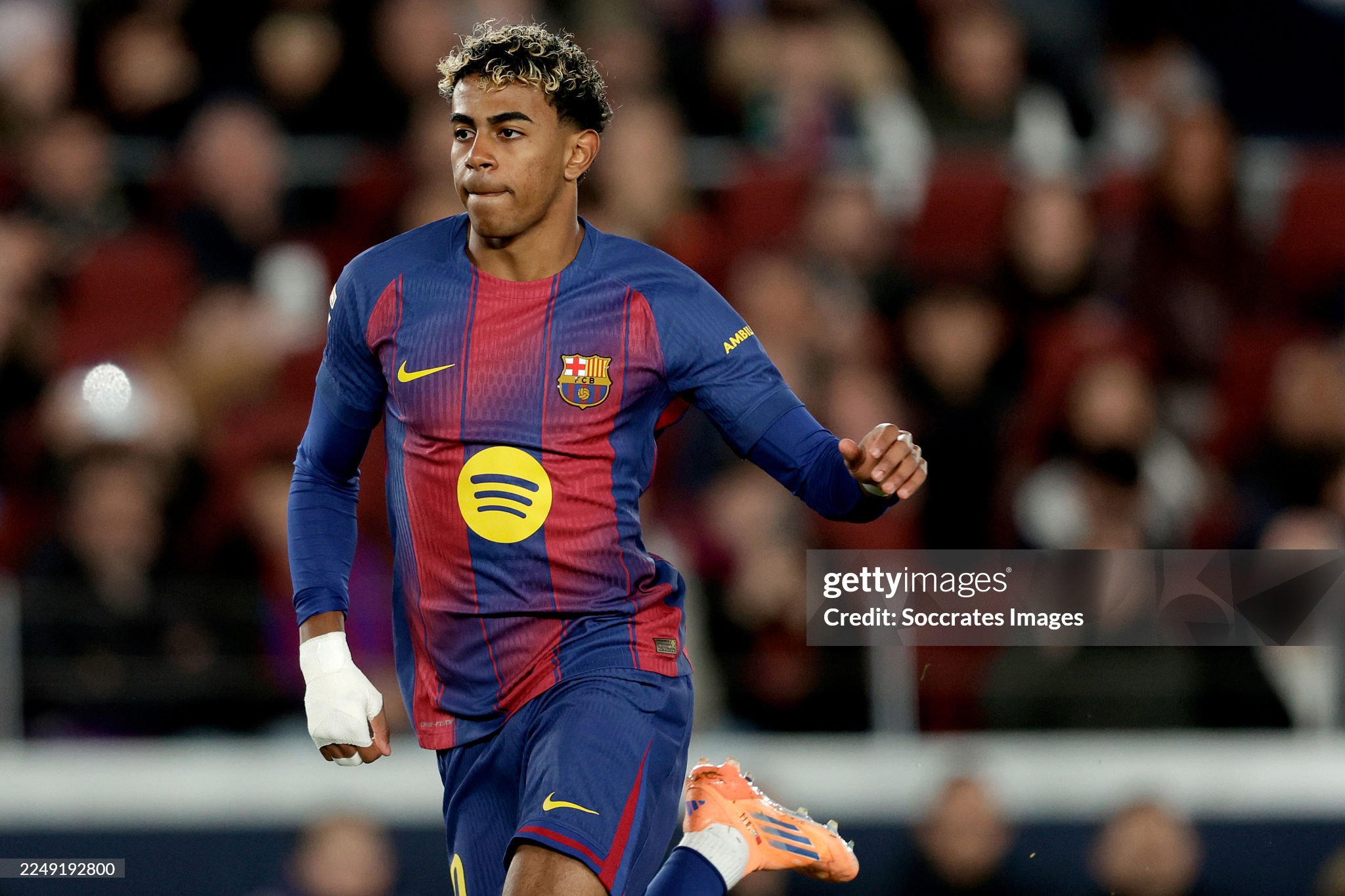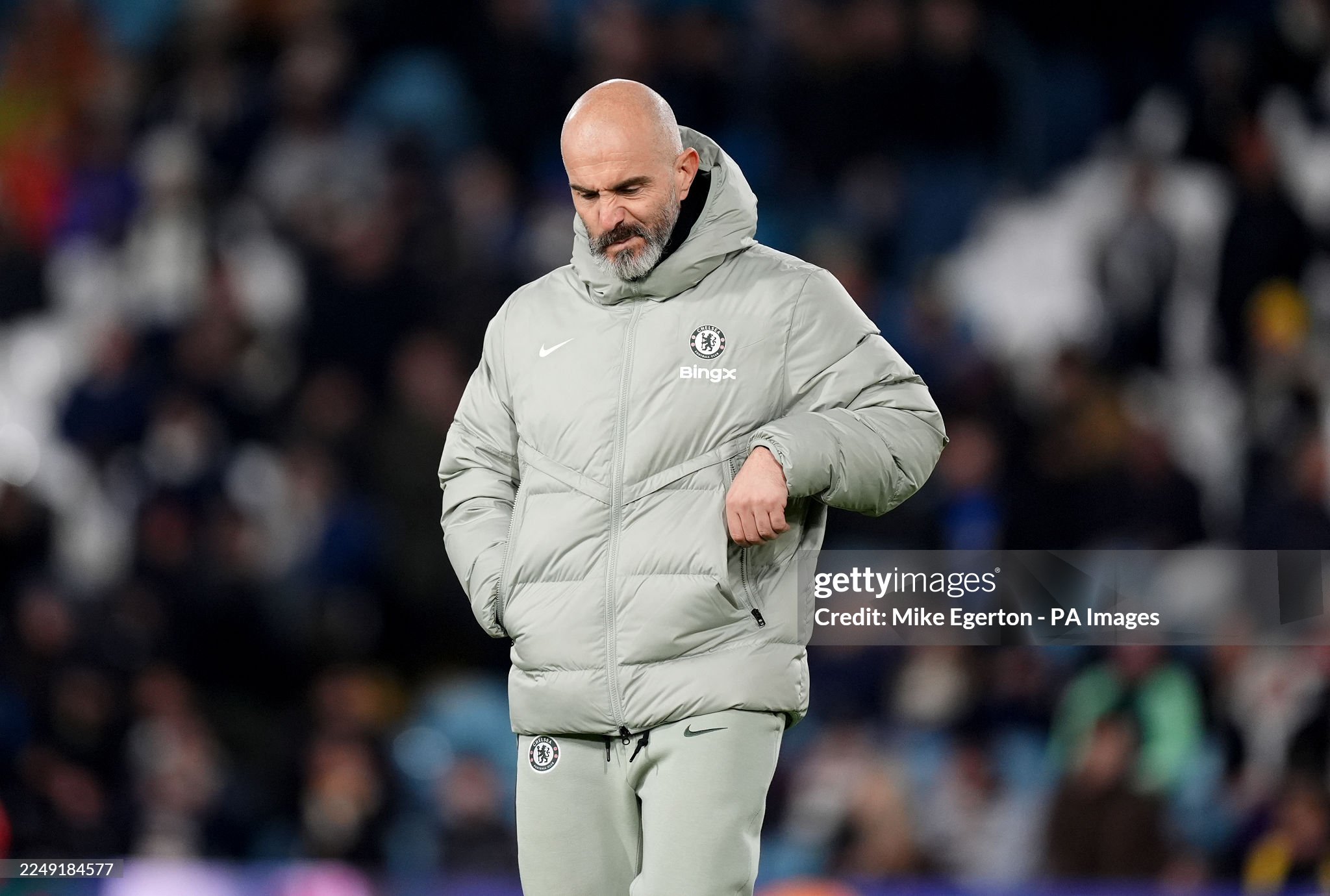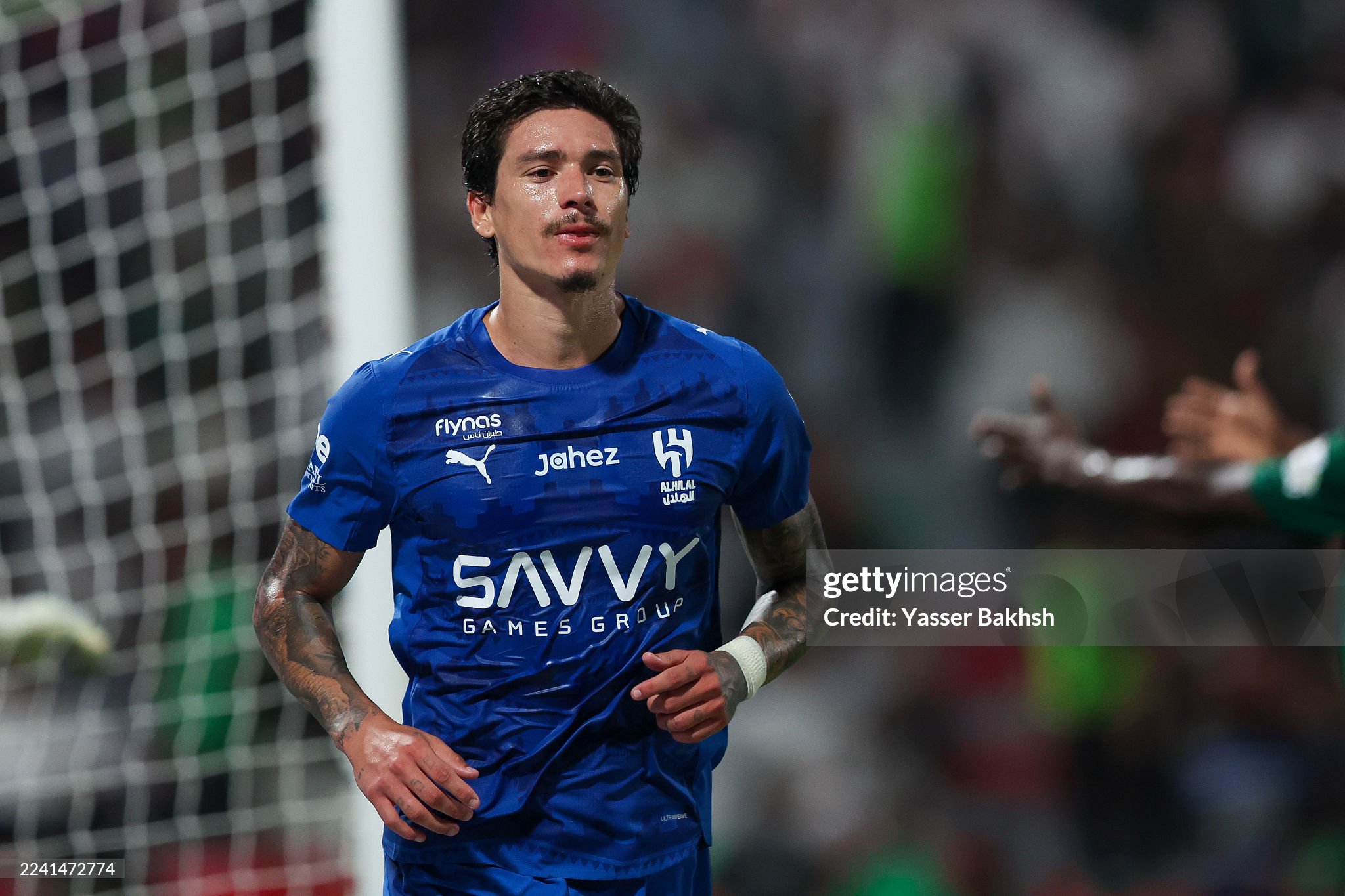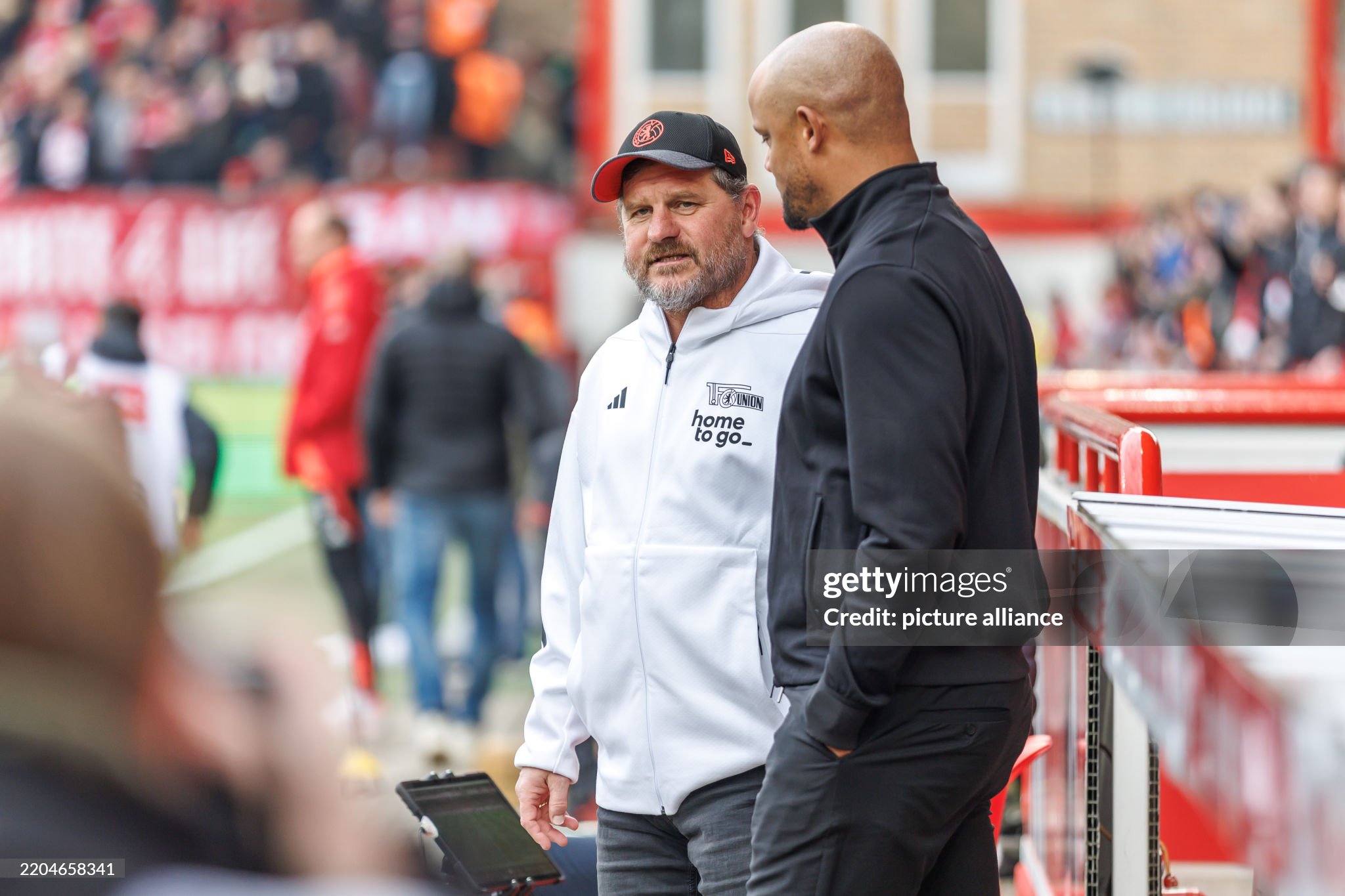Italian goalkeeper says he is delighted whenever he hears the Manchester City manager speak and intends to stay at the Etihad for as long as possible, after a summer in which he left PSG.

Gianluigi Donnarumma says he already feels at home at Manchester City, and the message carries the calm assurance of someone who believes he has found the right place at the right time.
Only a few months have passed since his summer move from PSG for 30 million euros, yet the Italian goalkeeper speaks as if the rhythms of the Etihad Campus were always part of his professional DNA. The training ground, the routines, the voice on the touchline, and the demands of the dressing room have blended into a new normal that he embraces with enthusiasm.
In a wide ranging conversation with Gazzetta dello Sport, Donnarumma outlined two central ideas that define his early weeks in Manchester. First, he intends to stay for as long as possible. Second, the daily exposure to Pep Guardiola has surpassed his lofty expectations. He admired Guardiola from afar for years, studying the way his teams build from the back and control games through structure and bravery. Hearing the manager speak up close, with tactical ideas translated into precise drills and small positional cues, has deepened that admiration. The Italian describes a kind of football education that is both demanding and inspiring, and he admits that the reality is better than what he imagined before signing.
The early adaptation has been as much about football as it has been about personality and communication. Goalkeepers at City are asked to do more than protect the goal. They start moves, manage the tempo, and help the team squeeze the pitch. Donnarumma has leaned into this challenge. Distribution under pressure, the angles for the first pass, the body shape that invites one press and discourages another, the courage to thread a ball between lines rather than roll it wide at the first sign of danger. These are not abstract concepts in Manchester. They are practiced relentlessly. He speaks with satisfaction about feeling the plan come alive in training games, when winning a single passing sequence unlocks space and sets a rhythm for the entire session.
Settling into life in England has brought practical adjustments too. The pace of the Premier League, he says, demands constant focus from the first minute to the last. A cross can turn into a counterattack in seconds, and the speed of transitions is unforgiving. He does not present that as a criticism of Serie A. Rather, he calls it a stylistic contrast. Italian football has its own sophistication, rooted in compact structures, timing, and a duel mentality that teaches you to read the game at a high level. The Premier League leans into intensity and directness more often, which forces a goalkeeper to make quicker decisions with feet and hands. Neither approach is superior in an absolute sense. They are different paths that shape a player in different ways.
The Italian also reflects on how a change of environment can refresh an athlete’s motivation. After years of being a focal point wherever he played, this move represents a new chapter that stretches him technically and mentally. He talks about learning new dressing room dynamics, building trust with defenders who expect specific cues, and refining his voice to match City’s aggressive line. Communication in a back line is not just about volume. It is about timing, clarity, and a shared vocabulary that makes the same pressing trigger feel automatic to everyone. Donnarumma appears to relish that work.
His praise for Guardiola is specific. He mentions the clarity of the manager’s messages, the way a complex idea gets reduced to a simple rule of positioning, the habit of rewatching moments and turning them into repeatable patterns. He felt captivated long before he arrived. Now, hearing those ideas delivered in person, he finds the effect even stronger. He describes meetings that leave him eager to apply details immediately, from the timing of a chip into midfield to the exact foot used when playing to a full back under pressure. These refinements make sense of the broader philosophy and they give a goalkeeper confidence that each action contributes to a larger design.
At the same time, Donnarumma frames his long term view with humility. He knows that real belonging does not come from words alone. It is earned over weeks and months, through training consistency, clean sheets, and the quiet moments when a team looks to the goalkeeper for calm. He hopes to repay the club’s trust by giving his best version, in matches that matter and in the everyday grind that supporters never see. He points to the competition schedule as an opportunity rather than a burden. Domestic league fixtures, European nights, and cup ties each carry different emotional temperatures, and a top goalkeeper must adapt quickly from one context to the next.
Life outside the pitch matters too. He suggests that the city has been welcoming, that the club environment supports families, and that this stability helps athletes give more of themselves to the job. A settled routine off the field often translates to clarity on the field. The small details of daily life become pillars that keep energy focused where it counts. He does not dramatize this point. He simply places it alongside his sporting aims as part of a complete picture.
When the topic turns to the comparison between the Premier League and Serie A, his response is measured and respectful. He rejects the idea that Italian football is inferior. He points out that style is not a hierarchy. It is a set of choices shaped by culture, coaching traditions, and player profiles. England often plays at a high physical tempo, with constant running and quick exchanges. Italy often asks players to solve complex tactical puzzles and to value positional intelligence. A goalkeeper educated in both environments can bring a rare blend of speed and structure, urgency and patience. Donnarumma sees that blend as a strength to be cultivated rather than a tension to be resolved.
What emerges from this early period is the portrait of a player who wants to anchor himself for the long term. He uses phrases like stay as long as possible and live a truly unique experience, which points to a mindset that values continuity and growth. He is not interested in a brief stopover. He wants to be part of a project that evolves year by year, where his own development can mirror the team’s ambitions. The enthusiasm is palpable but it is grounded in specifics: training standards, tactical clarity, and a daily environment that pushes him to improve.
Donnarumma’s message to supporters is simple. He feels at home. He is inspired by the work. He respects the club’s demands and he is ready to meet them. The admiration for Guardiola sits at the center of that message, not as flattery but as a professional acknowledgment of a coach who makes players better. If the early weeks are a guide, he believes the reality in Manchester can be even richer than the reputation that drew him there.
